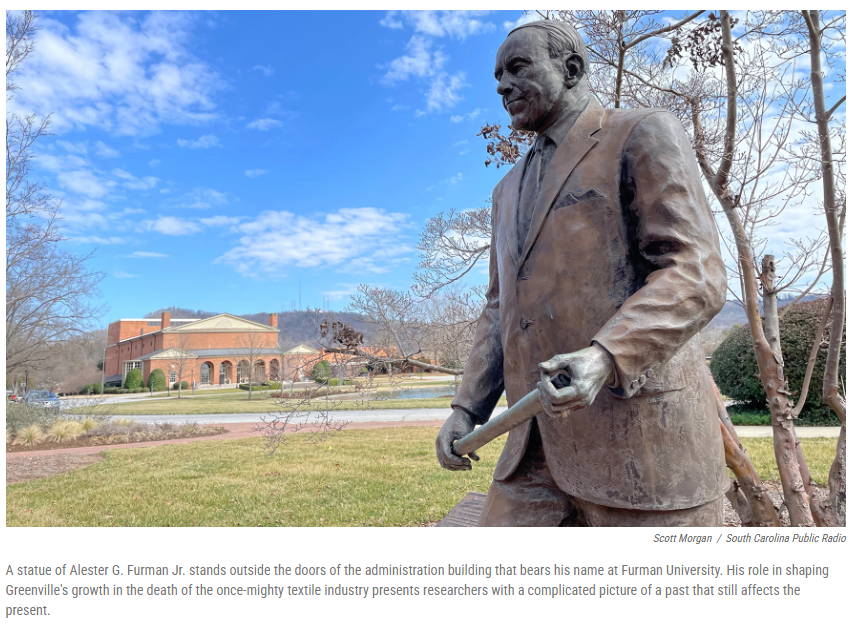“Oh, what a tangled web we weave
When first we practice to deceive.”
—Sir Walter Scott (1771-1832)
The case of the Gitmo plea agreement keeps getting curiouser and curiouser.
A few weeks ago, we learned that a plea agreement had been entered into by way of a signed contract between the retired general in the Pentagon who is supervising all Gitmo prosecutions, the Gitmo defendants and defense counsel, and the military prosecutors. The agreement, as we understand it from sources who have seen it, provides that in return for a guilty plea, Khalid Shaikh Mohammed and others will serve life terms at Gitmo, rather than be exposed at trial to the death penalty. The guilty plea is to include a public and detailed recitation of guilt.
Stated differently, Mohammed agreed to reveal under oath the nature and extent of the conspiracy that resulted in the crimes of 9/11.
So far, this is straightforward. While the trial judge may have given his nod of approval to the terms of the agreement, under the federal rules of criminal procedure, the agreement is not final until the judge hears the defendants actually admit guilt under oath in a public courtroom and then accepts the plea in a written order.
That admission has not yet taken place because the Secretary of Defense, who learned of the plea agreement while traveling in Europe, removed the authority of the retired general supervising the prosecution to enter into plea agreements without his express approval.
Thereupon, defense counsel asked the court to enforce the agreement anyway since it is a signed contract, and schedule the plea hearing at which Mohammed and others will presumably comply with their obligations to spill the beans on this 23-year-old case.
The military prosecutors — who initiated the plea negotiations because they recognized that they cannot ethically defend the George W. Bush administration’s torture of these defendants — have been ordered by the Pentagon to ask the judge to reject the plea.
Thus, we have a tangled web, tangled because the government deceived the American public and federal judges about its own criminal behavior — the Bush torture regime. The signed contract was initiated and drafted by the same military prosecutors who have been ordered — against their professional judgement — to ask the trial judge to repudiate it.
Those who have seen it have revealed that the agreement contains a poison pill — a clause that survives the agreement even if it is nullified.
That poison pill removes the death penalty from the case, should the case go to trial.
This was apparently made a part of the agreement in case the political winds blow against the government and it gets cold feet. That is probably what happened.
When Secretary of Defense Lloyd Austin — who is not a lawyer — was asked why he ordered the agreement rescinded, he stated that the American public has a right to learn “all” the evidence in the case. He must have made that comment while ignorant of the terms of the plea agreement, as the agreement requires a full recitation by the defendants of their knowledge of the events leading up to 9/11; and nothing prevents prosecutors from revealing whatever evidence they choose to reveal.
Moreover, the Pentagon’s own team of prosecutors have warned against the public revelation of “all” the evidence in the case because the evidence of stomach-churning torture will expose war crimes for which there is no statute of limitations.
Stated differently, if this case is tried in the traditional way as opposed to the entry of a plea agreement with the defendants’ recitation under oath of their knowledge of the crimes, George W. Bush himself and others in his administration, in the CIA and in the military could be indicted and tried in foreign countries for war crimes.
As well, there will be blowback against American troops now stationed abroad, most of whom were not born when Bush ordered torture and deception and invasions of Afghanistan and Iraq. His “don’t mess with Texas” presidential style continues to haunt today. He failed to understand that the problem of searching the world for monsters to slay is that the monsters you find will follow you home.
Adding to the jurisprudential oddities here is the intrusion of Congress. When President Barack Obama revealed his intention to close Gitmo — it costs half a billion dollars a year to operate — Congress enacted a statute that prohibited the removal of the defendants from Gitmo to the American mainland for any reason, including the infliction of capital punishment. That statute is probably unconstitutional as violative of the separation of powers. Just as the president cannot tell Congress when and how to vote, Congress cannot tell the president how to manage federal prisons or prosecutions.
Gitmo was a Devil’s Island, flawed from its inception. More than 100 years ago, the U.S. leased the land on which Gitmo is located from Cuba. When the lease ran out, the U.S. refused to leave. Bush’s lawyers advised him that if he tortured and prosecuted in Cuba, federal laws didn’t apply, the Constitution wouldn’t restrain him and, best of all, those pesky federal judges couldn’t interfere with him.
In five cases, the Supreme Court rejected Bush’s arguments for evading the Constitution. Bush has visited upon all of his successors a nearly insoluble jurisprudential mess. A mess born out of antipathy to the Constitution he swore to uphold and the knee-jerk bravado apparently integral to his persona.
Gitmo is a tragic example of what happens when the American public entrusts the preservation of constitutional norms into the hands of those unworthy of that trust and quick to cut constitutional corners in order to persecute unpopular defendants. The Constitution itself was written in large measure to assure that these things can’t happen here. But they do.
To learn more about Judge Andrew Napolitano, visit https://JudgeNap.com.




